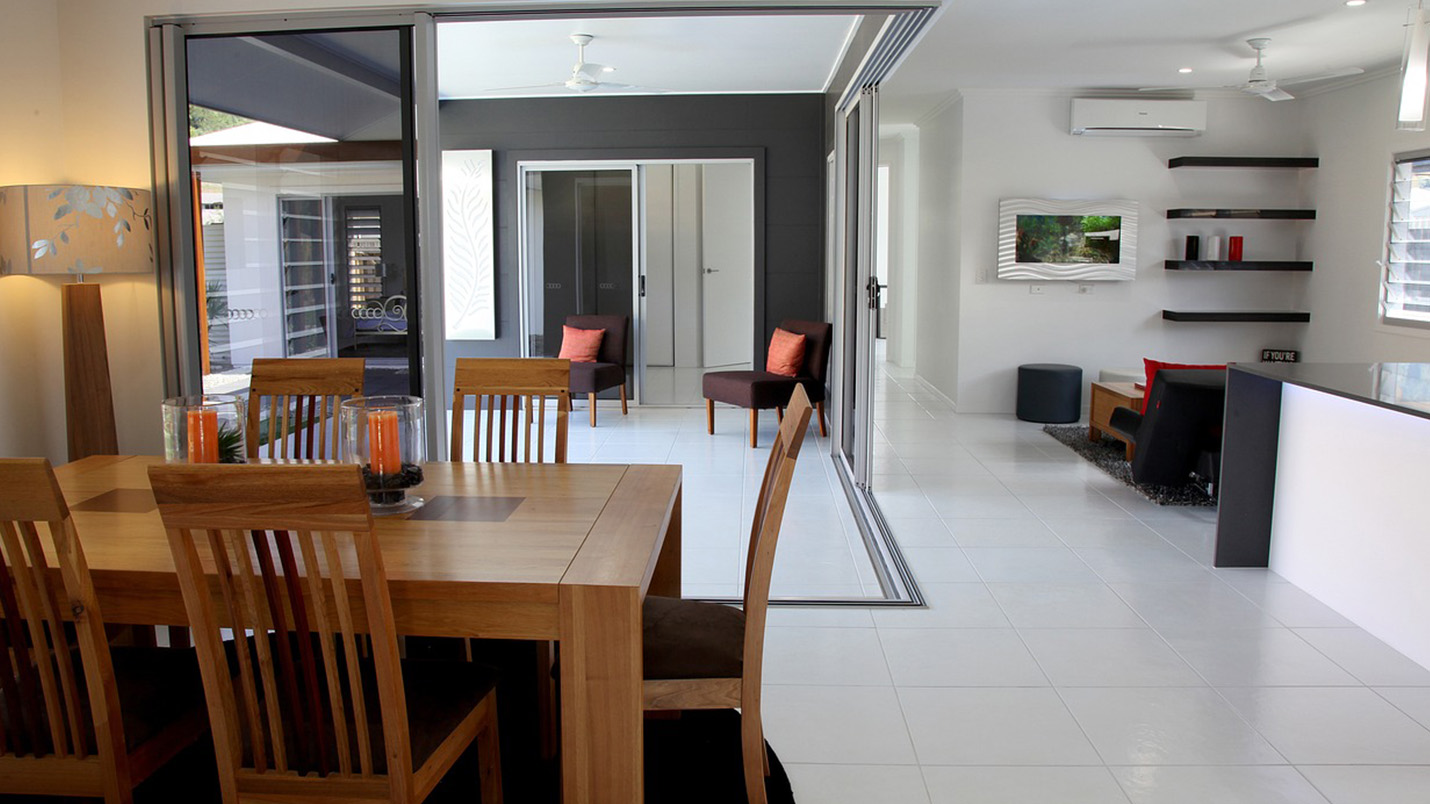Energy-Efficient Upgrades for Your Home: Saving Money and the Environment
In today's world, finding ways to reduce energy consumption isn't just about cutting costs—it's also about making a positive impact on the environment. Fortunately, there are numerous energy-efficient upgrades you can make to your home that will both save you money and contribute to a more sustainable future. In this guide, we'll discuss various upgrades, including installing a programmable thermostat, sealing air leaks, and upgrading insulation.
Programmable Thermostats: Regulating Comfort and Costs
A programmable thermostat allows you to set specific temperatures for different times of the day. By adjusting the settings to align with your daily routine, you can reduce energy usage when you're not at home or during sleeping hours, ultimately lowering your heating and cooling bills.
Sealing Air Leaks: Plugging the Energy Drain
Air leaks around windows, doors, and other openings can lead to significant energy waste. Seal these gaps with weather stripping or caulking to prevent drafts and keep your home's temperature stable without overworking your HVAC system.
Upgrading Insulation: Keeping Comfort In and Costs Down
Improving insulation in your home can have a profound impact on energy efficiency. Consider adding or upgrading insulation in key areas like the attic, walls, and floors. This will help retain conditioned air, reducing the need for constant heating or cooling.
Energy-Efficient Lighting: Illuminating with Savings in Mind
Switching to LED or CFL bulbs can lead to substantial energy savings over traditional incandescent bulbs. These newer options use significantly less energy and have a longer lifespan, reducing both your energy consumption and the frequency of bulb replacements.
High-Efficiency Appliances: Minimizing Energy Waste
When it's time to replace appliances, opt for models with high Energy Star ratings. These appliances are designed to operate more efficiently, using less energy without sacrificing performance.
Solar Panels: Harnessing the Power of the Sun
Consider investing in solar panels to generate renewable energy for your home. While the initial cost may be significant, the long-term savings on your energy bills and the reduced environmental impact can make it a worthwhile investment.
Efficient Windows: Keeping Comfort In and Elements Out
Energy-efficient windows with multiple panes and Low-E coatings help to insulate your home, reducing heat transfer and improving overall comfort. They also provide better protection against UV rays and outdoor noise.
Smart Home Technology: Intelligent Energy Management
Utilize smart home technology to monitor and control energy usage. Smart thermostats, lighting systems, and energy monitors provide real-time data and automation options to optimize your home's energy efficiency.
Water-Saving Fixtures: Conserving a Precious Resource
Upgrade faucets, showerheads, and toilets to models designed for water efficiency. These fixtures use less water without compromising performance, leading to lower water bills and a reduced environmental footprint.
Conduct a Home Energy Audit
Consider hiring a professional to conduct a thorough energy audit of your home. They will identify areas where improvements can be made to enhance energy efficiency and provide a roadmap for implementing upgrades.
By implementing these energy-efficient upgrades, you'll not only enjoy cost savings but also contribute to a more sustainable future. Every step towards a more energy-efficient home is a step towards a greener planet.

Home Improvement Guru




